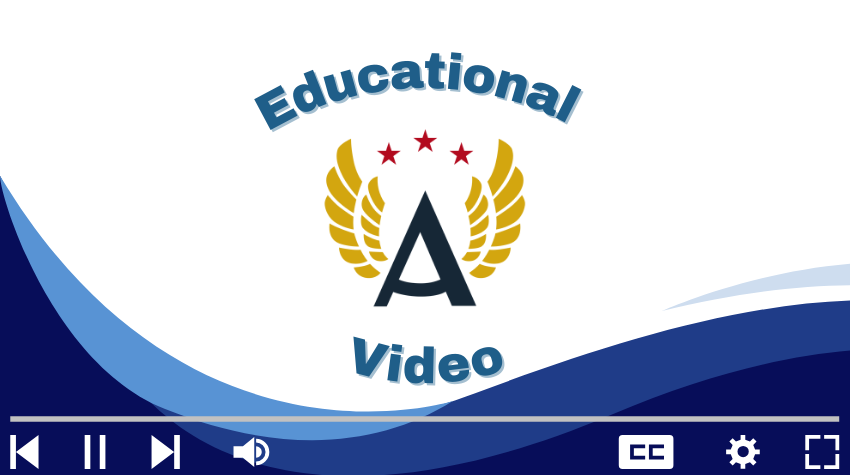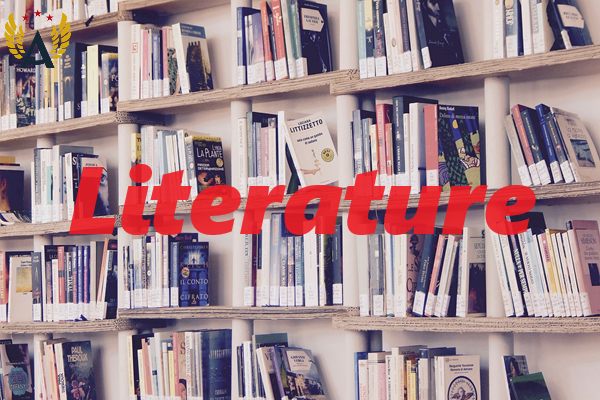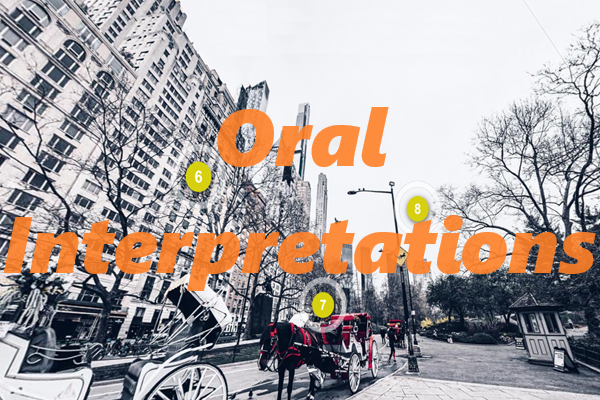Unit 6: Literature—Discovering the World, Discovering Ourselves
Unit 6: Literature—Discovering the World, Discovering Ourselves

Unit 6: Literature—Discovering the World, Discovering Ourselves
Unit 6: Literature—Discovering the World, Discovering Ourselves
Unit Focus
Reading
- Select and use prereading strategies appropriate to the text, such as discussion, making predictions, brainstorming, generating questions, and previewing to anticipate the reading selection's content, purpose, and organization.
- Determine the author's purpose and point of view and their effects on the text.
- Describe and evaluate personal preferences regarding fiction and nonfiction.
Listening, Viewing, Speaking
- Describe, evaluate, and expand personal preferences in listening to fiction, drama, literary nonfiction, and informational presentations.
Language
- Apply an understanding that language and literature are the primary means of transmitting culture.
- Understand the subtleties of literary devices and techniques in comprehending and creating communication.
Literature
- Identify the characteristics that distinguish literary forms.
- Identify universal themes prevalent in the literature of all cultures.
- Understand the characteristics of significant types of drama.
- Understand the different stylistic, thematic, and technical qualities in the literature of other cultures and historical periods.
- Analyze the effectiveness of complex plot elements, such as setting, major events, problems, conflicts, and resolutions.
- Understand the relationships between and among elements of literature, including characters, plot, setting, tone, point of view, and theme.
- Analyze poetry for how poets inspire the reader to share emotions, such as imagery, personification, and figures of speech, including simile and metaphor, and the use of sound, such as rhyme, rhythm, repetition, and alliteration.
- Recognize and explain those elements in texts that prompt a personal response, such as connections between one's own life and the characters, events, motives, and causes of conflict in texts.
Vocabulary
Lesson Reading
Videos and Interactives (Click on Images to View Content)
 Unit 6: Literature—Discovering the World, Discovering Ourselves
Unit 6: Literature—Discovering the World, Discovering Ourselves

